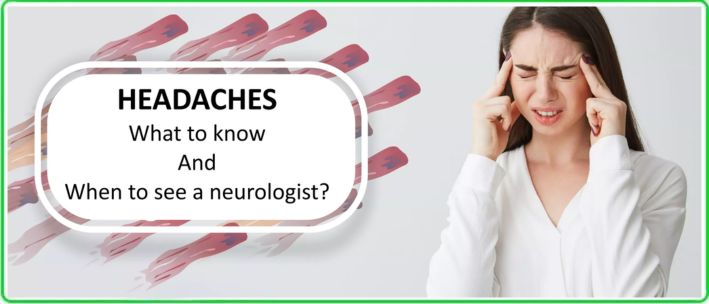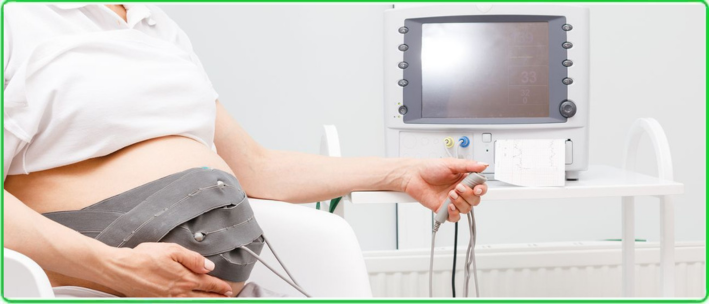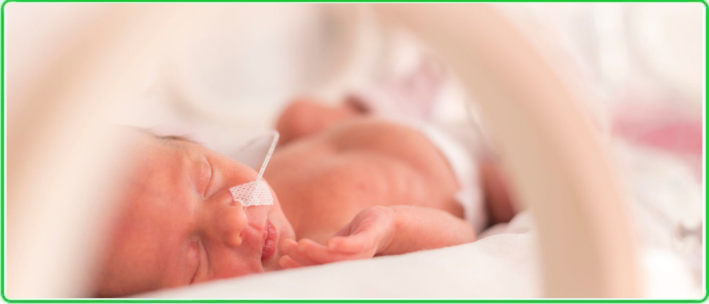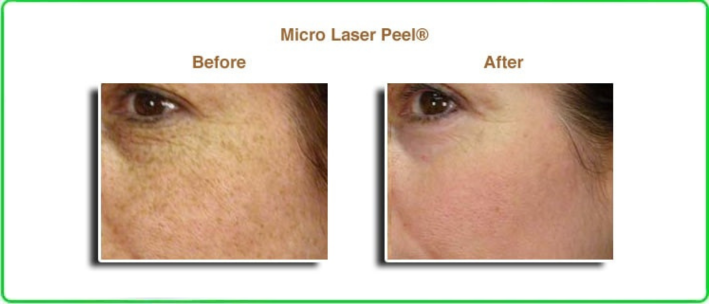When to See a Neurologist: Warning Signs in Adults and Children

Introduction
A neurologist is a doctor who specializes in the diagnosis, treatment, and prevention of nervous system disorders. This field of medicine covers a wide range of conditions — from headaches and insomnia to the aftereffects of stroke and epilepsy. However, many patients delay visiting a neurologist, believing that symptoms will “go away on their own” or thinking it is only necessary in extreme cases. As a result, the condition progresses, and treatment becomes longer and more complex.
At KindCare Medical Center, we provide both adult and pediatric neurology consultations, helping patients of all ages maintain the health of their nervous system. In this article, we will review the symptoms that should never be ignored and explain why early medical intervention is the key to successful treatment.
Why It’s Important to See a Neurologist Early
The nervous system controls all body functions — from muscle movement to thought processes. When it malfunctions, a wide range of symptoms can appear. The earlier treatment begins, the greater the chance of preventing complications and restoring normal body function.
Facts:
- In 70% of cases, patients visit a neurologist when the problem has already become chronic.
- Early detection of neurological disorders can shorten rehabilitation time by 2–3 times.
Warning Signs in Adults
- Recurring or worsening headaches
If pain does not improve with over-the-counter medication, appears suddenly, or is accompanied by nausea, vision changes, or weakness — urgent evaluation is needed. - Dizziness and loss of balance
May be linked to impaired brain blood flow or vestibular disorders. - Numbness or weakness in the arms or legs
Often a sign of spinal issues, nerve compression, or circulatory problems. - Speech, vision, or memory problems
Possible indicators of stroke, dementia, or inflammatory conditions. - Seizures or involuntary muscle twitches
Require mandatory evaluation, including EEG. - Chronic fatigue or insomnia
Often associated with neurological or psycho-emotional disorders.
Warning Signs in Children
- Delayed speech or motor development
If a child is significantly behind peers in speech, coordination, or self-care skills, a neurological evaluation is recommended. - Frequent headaches or dizziness
In children, these may be related to vision issues, vascular conditions, or increased intracranial pressure. - Tics, stuttering, ADHD
A neurologist can provide targeted therapy and, if needed, introduce methods such as neurofeedback. - Seizures or fainting
Even a single episode requires examination. - Sleep and behavior problems
May result from both emotional factors and brain function disturbances.
Diagnostic Methods at KindCare Medical Center
For both adults and children, we use:
- EEG — to assess brain electrical activity.
- Quantitative EEG (Brain Mapping) – to assess brain function and guide personalized treatment
- MRI — to detect structural changes.
- Neuropsychological testing — to evaluate memory, attention, and cognitive functions.
- Laboratory tests — to rule out metabolic causes.
Treatment and Rehabilitation
Depending on the diagnosis, we may use:
- Medication therapy — to relieve symptoms and correct dysfunction.
- Physiotherapy and massage — to restore function.
- Neurofeedback, Transcranial Magnetic Stimulation (TMS) — for ADHD, anxiety, insomnia, and concentration improvement.
- Rehabilitation programs — after stroke, trauma, or severe infections.
When to Seek Immediate Medical Attention
Contact a neurologist urgently if you experience:
- sudden weakness or numbness on one side of the body;
- sudden vision or speech loss;
- severe unexplained headache;
- seizures or loss of consciousness.
These may be signs of a stroke or other acute conditions.
Conclusion
A neurologist is not only a “doctor for serious cases” but also a specialist you should see for prevention and early detection of problems. Regular check-ups can help maintain a healthy nervous system for years to come.
Book an appointment at KindCare Medical Center to receive a diagnosis and an individual treatment plan — for both adults and children.












